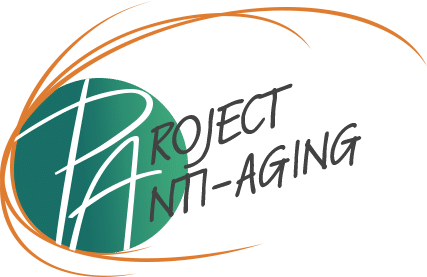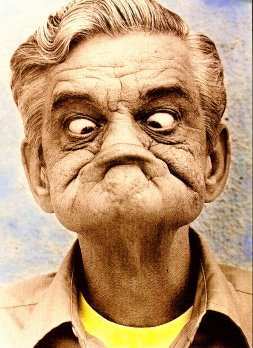There are a lot of variables that contribute to premature facial aging; to name a few: lack of sleep, sun exposure, pigmentation, bad nutrition, drinking, smoking, lack of exercise, family issues… you no doubt experience some or many of them. Facial tension is not as talked about as making you look old, but in fact it does have a big impact on the appearance of your face.
The signs of facial tension can be categorized as invisible, visible, and even painful.
INVISIBLE
It takes a long time to accumulate tension in the face before you feel the pain and see symptoms of aging. The masseter, or jaw muscle, is the third strongest muscle in the body after the gluteus and the trapezius, and performs like a shock absorber. It can store a lot of tension before you feel discomfort. Underlying these warning signals are muscle spasms that prevent the muscle from lengthening.
All of your muscles have a tendency to tense and get shorter as we age. Muscle shortening is the reason why old people often suffer from poor posture. Your facial muscles suffer from shortening, too. Analyses of MRI images from patients of varying ages suggest that the aging muscles of the midface shorten and straighten, as though they are in spasm. As long as your facial muscles are tense and shortened, they’ll continue to stretch and stress your ligaments and skin tissue. In a youthful face, fat looks evenly distributed, creating smooth undisturbed lines and shadows. Muscle spasms could prolapse the deep mid facial fat, superficially creating bumps and dents on the surface of the face, and producing shadows in wrong places. The changes usually are very small, possibly as small as one millimeter, but trust me, on the face, every millimeter counts! Suddenly, everything looks the same but older, though a few days ago you looked super dandy.
What to do : Treat yourself to a facial or two – they are the first frontier for relaxing the face.
VISIBLE
The muscles around your eyes and your mouth wrinkle your skin as they contract. If you take a look of the pattern how wrinkles form around your mouth and eyes, you can see that they line up perpendicularly with the muscles underneath. Now imagine a slight spasm on that muscle all the time. That would cause wrinkles, right? If you are able to relax those round muscles, you’ll be well on your way to getting rid of wrinkles too.
What to do: This problem is easily treated with botulism toxin injections (eg. Xeomin, Botox).
PAINFUL
Normal activities such as chewing and kissing are good, natural exercises for your temporalis and masseter muscles (the muscles of mastication). However, too many of us clench our teeth in our sleep or as a daily habit. When you do this to any great extent, your muscles tighten and the nerve points spin out. The masseter, pterygoids and temporalis muscles, along with the neck muscles, will often go into spasm, which can lead to headaches, migraines and other fun stuff. When you clench, your jaw muscles may also feel tired the next morning. Accumulated tensions are largely due to repeated stresses that brew long and hard before we encounter them as pain in the TMJ joint, but when it finally creates enough pain to affect your daily life and create that “ I am really miserable, kill me!” feeling, it’s time to take action.
What to do :
If your dentist feels your problems are from clenching your teeth, take it seriously and consider getting a night guard. It can save you from a lot of pain. TMJ massage is also very helpful for relieving pain and muscle spasms.

